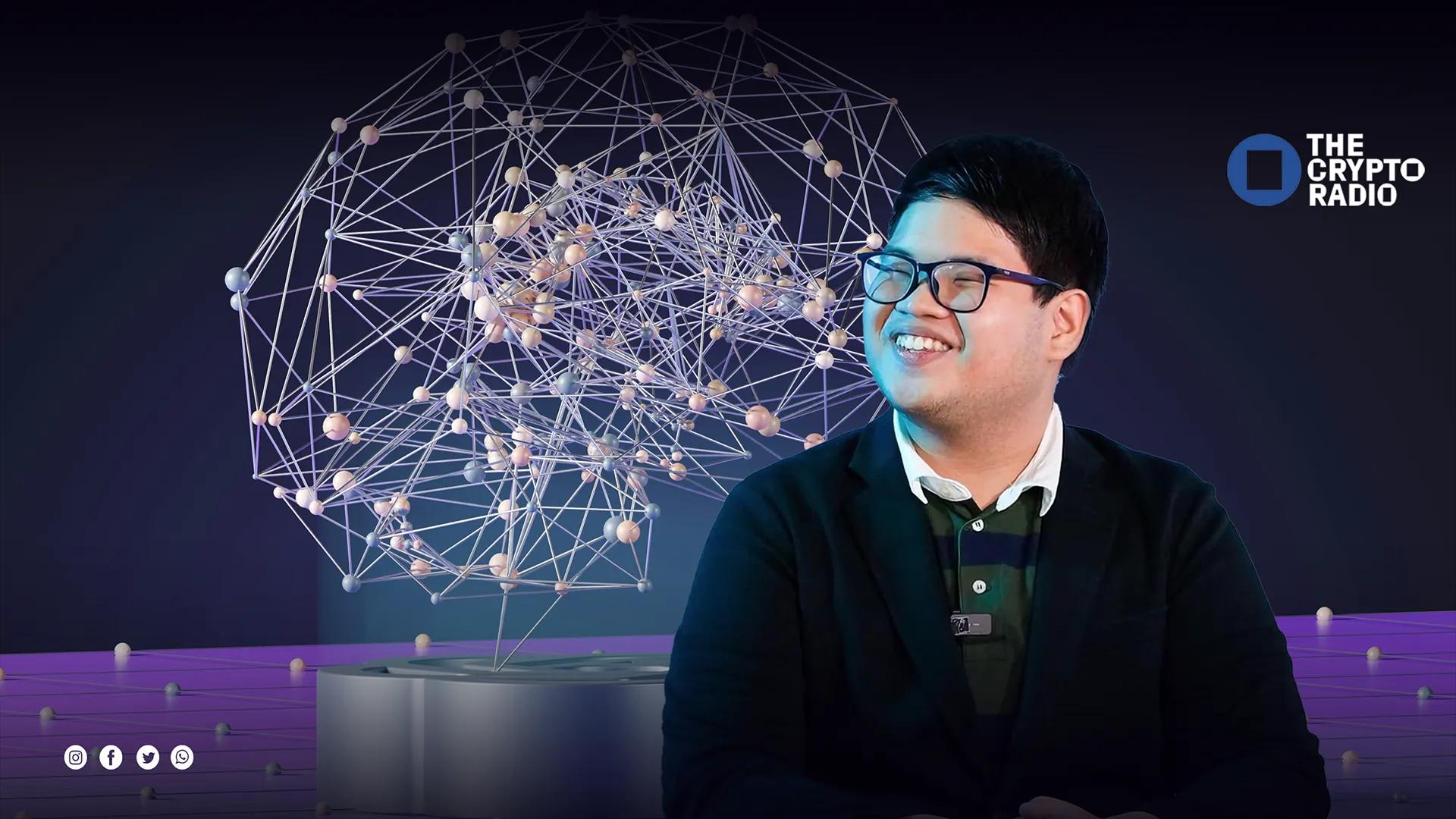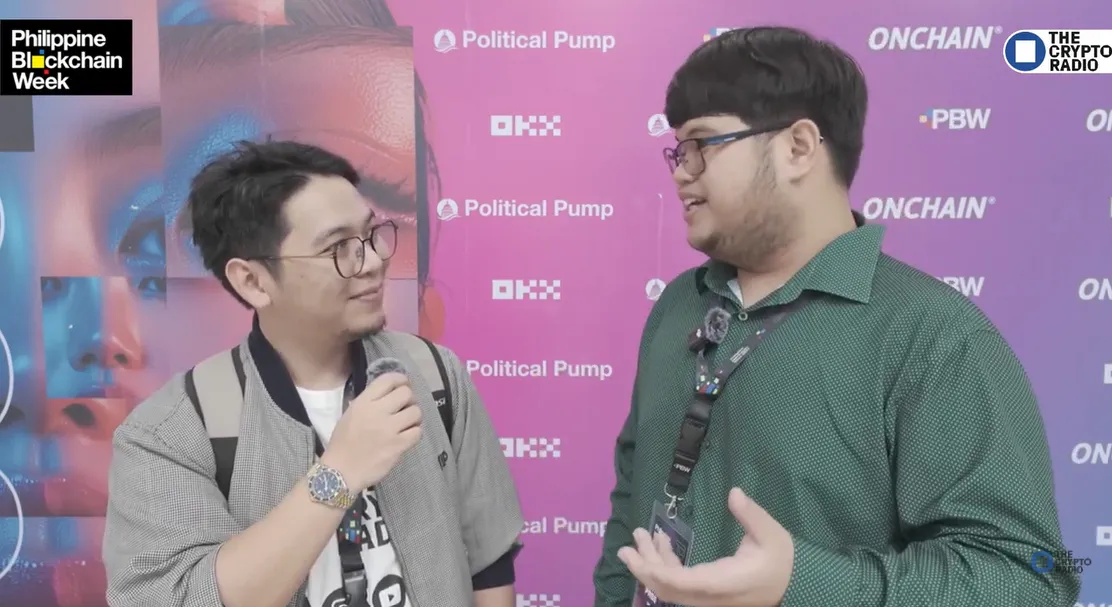WhizKid of finance: Why credentials still count
'If you want to expand your knowledge, connect with people, network – get a license,' says Joseph Lejarde

Anyone can call themselves a trader – but Joseph Lejarde earned the title.
“When you have knowledge in a specific sector, they start calling you a ‘whiz,’” Lejarde told The Crypto Radio at Philippine Blockchain Week 2025.
While most teenagers were figuring out high school, Lejarde was already analyzing financial markets. The nickname “WhizKid” didn’t come from pop culture – it came from peers who recognized his unusual depth of expertise.
That reputation is backed by credentials. Lejarde holds a Certified Security Specialist certification from the Ateneo Manila Graduate School of Business, a Certified Treasury Professional (CTP), and a Certified Technical Analyst credential. Each, he said, serves a distinct purpose.
Why certifications still matter
“If you want to elevate your profession, of course, you may need to have a lot of post-graduate certifications to give you an edge in the ever highly competitive market,” Lejarde said.
His Certified Security Specialist certification, for example, focuses on regulatory practices in equity markets and banking. The CTP helps navigate liquidity management and corporate treasury operations. His Certified Technical Analyst training adds a practical layer – understanding trends, indicators, and behavioral patterns in charts.
“You cannot learn it when you enter college, or when you're just learning how to chart in the financial market,” Lejarde said. “You don't know what's happening, right? You don't know the context.”
That context, he believes, is what separates self-taught traders from professionals with institutional training. Lejarde draws a clear line between casual learning through YouTube videos and the structured knowledge gained from formal education.
“If you want to expand your knowledge, connect with people, network – get a license,” he said.
Learning the markets beyond the screen

Not everything can be learned from a chart. Sometimes, you need a textbook. Photo: Unsplash / Wander Fleur
While retail traders often focus on technical charts or social media sentiment, professionals are trained to understand the bigger picture – especially macroeconomics.
“Most of the education when you get in macroeconomics is based on schools’ postgraduate programs,” he said.
Understanding macroeconomic forces – like central bank policies, inflation cycles, and global trade dynamics – is essential to grasping how markets behave. Lejarde believes that without this foundation, even technically skilled traders risk missing critical context.
“It will give you a very huge advantage,” he said, “so that you can avoid the slippage, the manipulation... because you know what’s happening.”
For Lejarde, structured education doesn’t just improve skills – it provides clarity amid chaos. “You know there’s a calm before the storm,” he added.
Crypto credentials and the limits of AI
As crypto becomes more mainstream, Lejarde believes the same principles of structured learning apply. He encourages aspiring professionals to take certifications seriously – especially those offered by international blockchain councils or accredited universities.
In his view, real credibility in crypto comes from understanding the underlying systems – not just knowing how to trade tokens.
That same mindset shapes how he views artificial intelligence in finance. While some see AI as a shortcut to successful trading, Lejarde is more cautious.
“Even though you have an LLM with the cryptocurrency context... you still don't understand what it means. 'What's this one? What does this technicality mean?'” he said, referring to AI tools trained on crypto data.
He believes that tools like large language models (LLMs) are not yet equipped to deal with the emotional dynamics of real markets.
“LLMs cannot translate emotions, cannot translate human behavior,” he said.
AI models can identify trends, but they can’t yet account for panic selling, irrational exuberance, or crowd psychology. That’s why, he argues, traders shouldn’t rely on AI to do their thinking for them.
Trading success takes more than tech

The Crypto Radio's Urian Buenconsejo talks to Joseph Lejarde aka WhizKid at Philippine Blockchain Week 2025
“The market keeps evolving,” Lejarde said. “Your AI model must be adaptive to market conditions. Most AI right now are fixated. Have a dynamic approach, and if you can do that, if your AI tool is dynamic, then it will help you a lot in the market.”
For Lejarde, there’s no replacement for human learning, discipline, and long-term thinking. Tools like AI and trading software are only effective if they’re used with knowledge of context – macroeconomic signals, emotional patterns, and real-world developments.
“You cannot learn market complexities when you're just learning how to chart in financial markets,” he said. “You don't know the context.”
His advice to newcomers is consistent: skip the hype, seek education, earn certifications, and surround yourself with people who can challenge and guide you. In his own journey from a teenage trader to a multi-certified professional, it’s this structured, adaptive mindset that has set him apart.
Lejarde may have earned the nickname “WhizKid,” but his message is anything but flashy. Success, he believes, doesn’t come from guessing right – it comes from knowing why the market moves at all.




